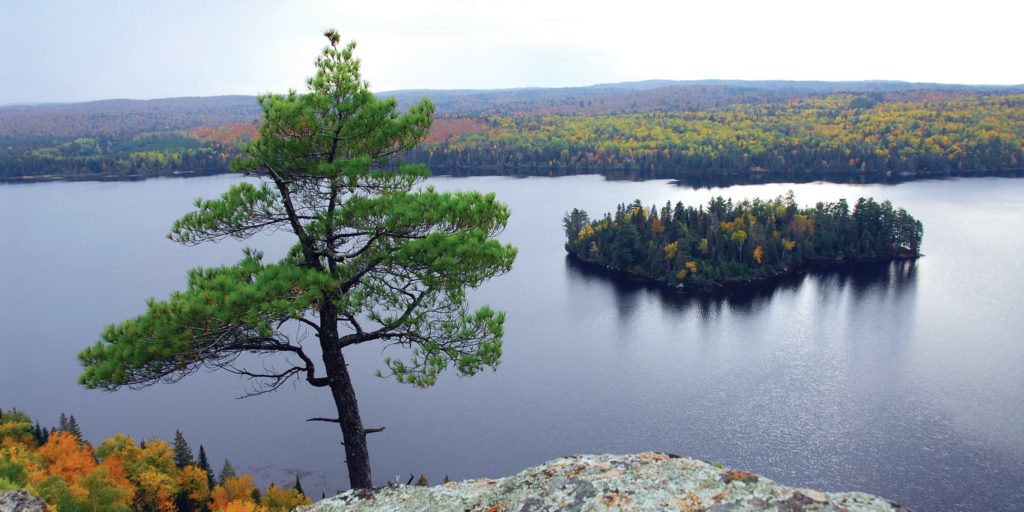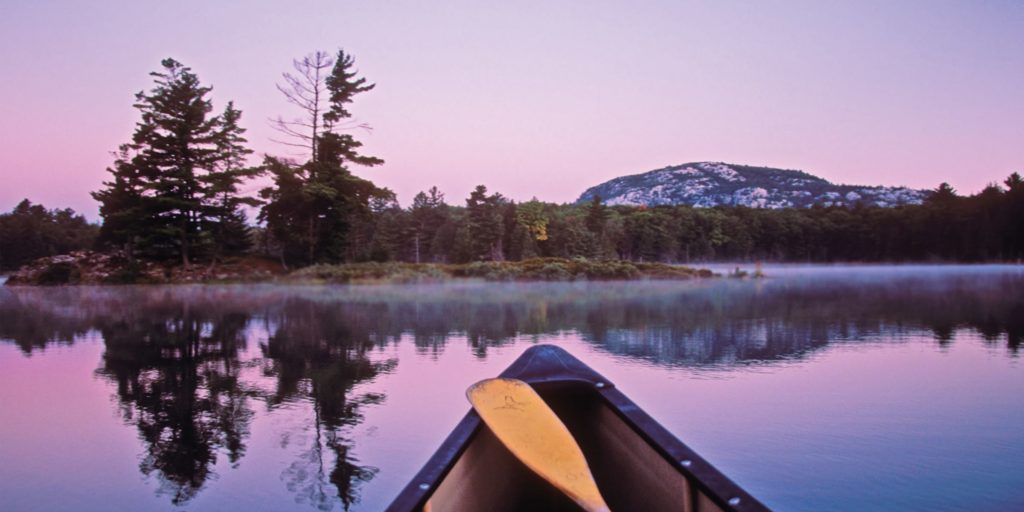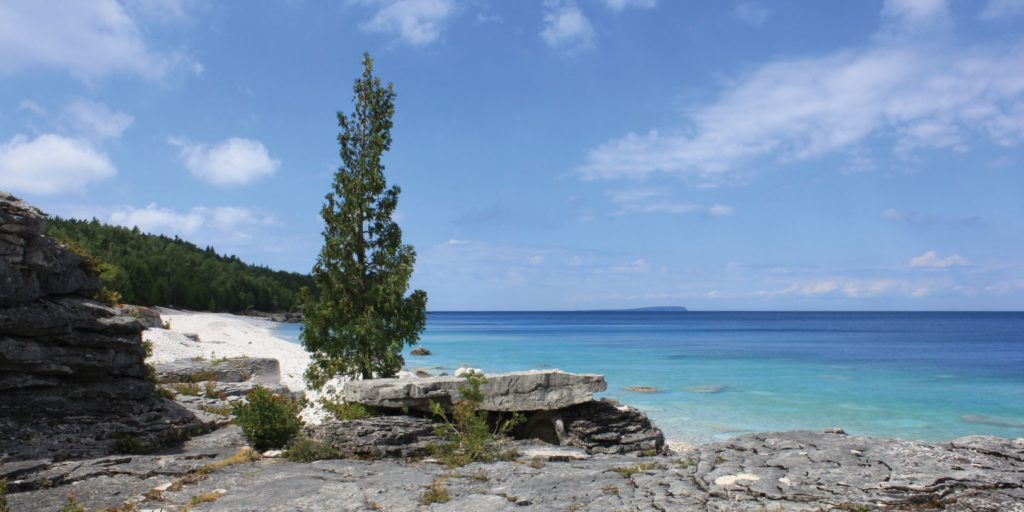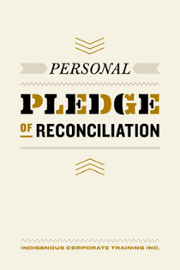Ontario Nature Blog
Receive email alerts about breaking conservation
and environmental news.
© Lora Denis
Happy Valley © David Coulson
Our blog this week was originally published by Indigenous Corporate Training Inc.
For a very long time, mainstream Canadians were unaware of the horrors and conditions that 150,000 Indigenous children endured in the Indian residential schools over a period of more than 100 years. For many Canadians, the first inkling of the atrocities the children suffered was when then Prime Minister Stephen Harper delivered the Statement of Apology on behalf of Canadians for the Indian residential school system in 2008.

The grassroots Idle No More movement raised awareness of Indigenous issues in 2012 with round dances, rallies, teach-ins, and social media. The movement gained significant media attention which brought it onto the radar of mainstream Canada.
The next hit of awareness was in 2015 with the publication of the Truth and Reconciliation Commission (TRC) report and 94 calls to action. The calls to action, in particular, awoke in many individuals, organizations, and governments a realization that they had not just a role to play but a moral responsibility to make amends for the past. Reconciliation.
It’s now three years since the TRC report and reconciliation is a familiar term to most of us. But, there’s still confusion over what it means and who is responsible, which could lead to reconciliation become nothing more than a platitude.
The TRC definition of reconciliation:
“. . . Reconciliation is about establishing and maintaining a mutually respectful relationship between Aboriginal and non-Aboriginal peoples in this country. In order for that to happen, there has to be awareness of the past, an acknowledgement of the harm that has been inflicted, atonement for the causes, and action to change behaviour.” [1]
To flesh out what reconciliation is and is not, here’s a list of considerations that may contribute to understanding reconciliation.
Reconciliation is:

Reconciliation is not:

Listen to the children in this short video after they learn about Indian residential schools. There is sadness, shock, pain, and awareness but ultimately there is hope and a desire for change.
I believe Canada has moved to a point at which we no longer ask “whether reconciliation is possible” but “how is reconciliation possible.” And from that position, increasingly non-Indigenous Canadians are asking “what can I do?”
Here’s a related article that delves into the controversy around statues of historical figures: Let’s not make reconciliation a political football
Here’s a Personal Pledge of Reconciliation* with Indigenous Peoples to get you started with your commitment to reconciliation. Click the image to grab your form.

Gananoque Lake Nature Reserve © Smera Sukumar
Hello- thx for your work. Would I be able to access a past recording of your webinars? Especially “What reconciliation is and what it is not”
Thank you
Landscape architect
Principal, VTLA Studio
Hello Victoria,
Ontario regularly updates it’s YouTube Channel here: https://www.youtube.com/user/ONNature
Are you able to find the online video you are looking for there or from this list? https://www.youtube.com/user/ONNature/videos Perhaps the recording: “IPCA Q&A Session on May 8, 2020” is the best fit. If not, please email us and let us know.
Best regards,
ON Noah
Hi
I’m quite interested to watch the upcoming webinar, but will not be able to view at the designated time. I’m hoping that it will be replayed at another time, or available to view on your site afterwards.
If you could please let me know would be greatly appreciated.
Thanks so much,
Sincerely,
Angie MacArthur
Hello Angie,
We will be recording the webinar and it will be made available later this week. Please register for the “Wait List” on the event registration page and we’ll send you an email with the recording. It will also be posted on our Facebook page.